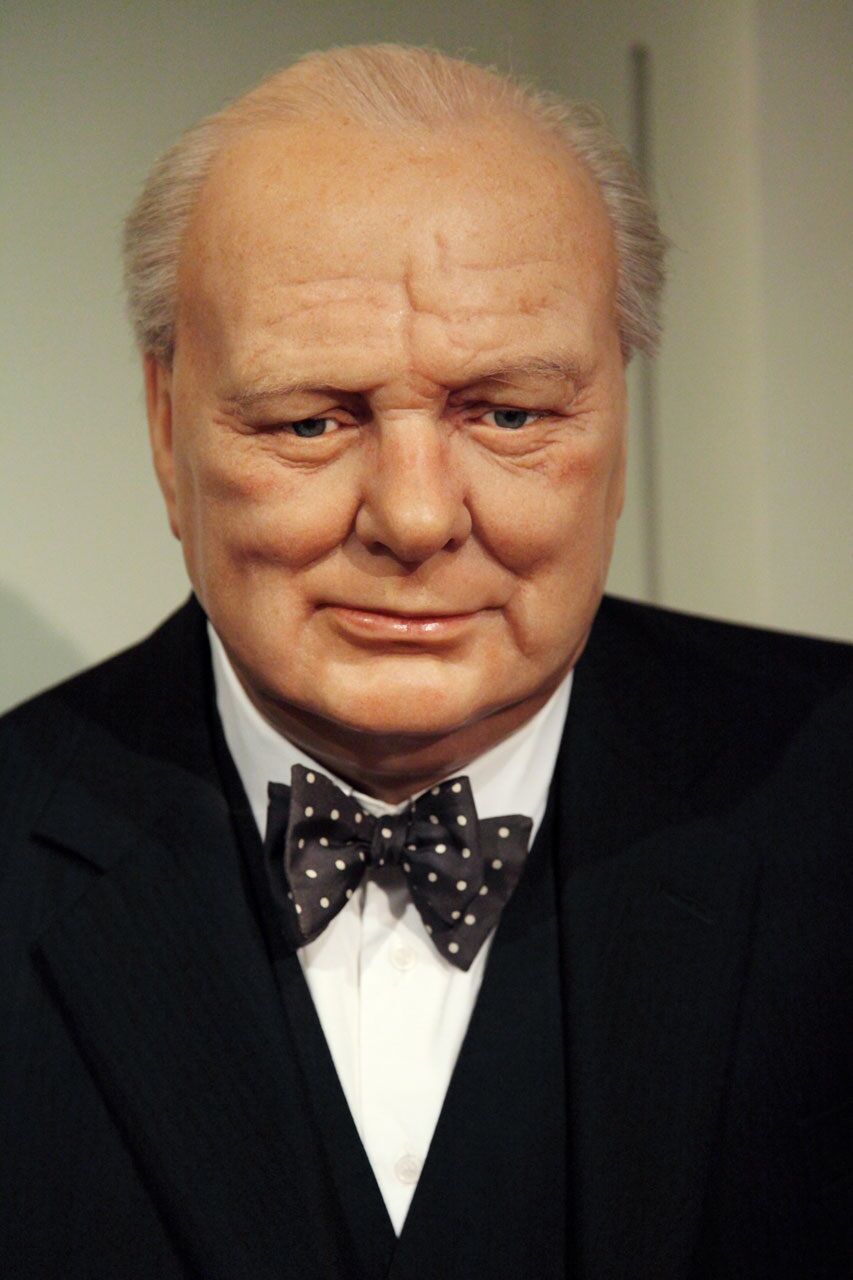Winston Churchill was a British statesman, soldier and writer. He fought in several major wars, including the Second Boer War and the First World War. During the Second World War, he was Prime Minister of the United Kingdom.
During his political career, which lasted almost sixty years, he held a number of posts: Minister for Trade and Commerce, Minister for Armaments, Secretary of State for War, Chancellor of the Exchequer (Minister of Finance), etc. He is best known for his involvement in numerous social reforms, such as the establishment of the minimum wage, the creation of pensions and unemployment benefits, the creation of social security, the limitation of the working day, and so on. Over the years, he has oscillated between the Conservative and Liberal parties, depending on the allegiance that enabled him to gain access to the most influential positions. For this reason, among others, he fails to win unanimous support among Conservatives and Liberals, and even among royalty.
As the most senior Allied leader during the Second World War, he was seen as an influential and unifying leader, as well as a protector of law and order. His role in this great global conflict was crucial to its resolution. He received a multitude of awards during his lifetime. On his death, the Queen gave him a state funeral.

-
1874: Winston Churchill is born on November 30, at Blenheim Palace, England.
-
1911: He is appointed First Lord of the Admiralty (Minister of the Navy).
-
1915: The Franco-English expedition to the Dardanelles is a failure. Many lives are lost. Churchill, the man behind the expedition, is held responsible. He is forced to resign as First Lord of the Admiralty.
-
1924: Back in the Conservative Party, Churchill accepts the post of Chancellor of the Exchequer. His decisions led to rising unemployment and triggered the miners' strike that led to the 1926 UK general strike.
-
1936: Churchill publishes his most famous article, Evening Standard, warning readers of Adolf Hitler's rise to power and denouncing the Prime Minister's policy of appeasement.
-
1939: In the early months of the Second World War, he is again First Lord of the Admiralty.
-
1940: Following the resignation of Neville Chamberlain, Winston Churchill becomes the 61st Prime Minister of the United Kingdom on May 10.
-
1951: Churchill wins the election and becomes the UK's 63rd Prime Minister on October 26.
-
1953: He is awarded the Nobel Prize for Literature for his War Memoirs. The committee praised his mastery of historical and biographical description, and his outstanding speeches in defense of human values.
-
1953: Queen Elizabeth II knighted him in the Order of the Garter.
-
1955: Due to declining health, he retires from political life at the age of 80.
-
1965: Winston Churchill dies on January 24, in London.
